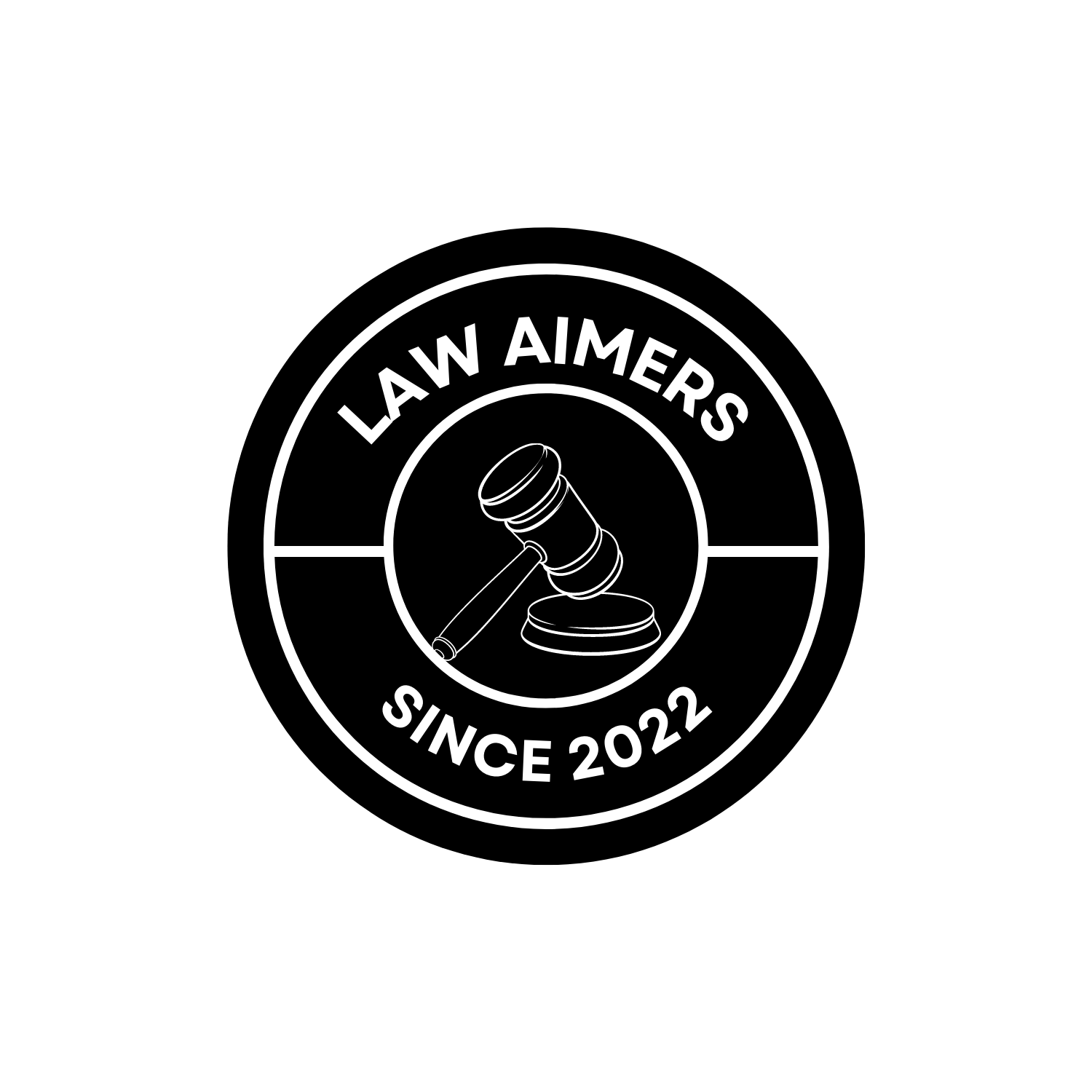Under the Indian Evidence Act, 1872, the examination of witnesses is an essential part of the legal process. It involves the questioning of witnesses to elicit relevant information and evidence in a judicial proceeding.
Types of Examination
There are three types of examination of witnesses:
- Examination-in-Chief: This is the initial questioning of a witness by the party who called them. The purpose is to elicit the witness’s version of the events and bring out relevant facts supporting the party’s case.
- Cross-Examination: Cross-examination is conducted by the opposing party or their counsel. The purpose is to test the credibility, accuracy, and reliability of the witness’s testimony. Leading questions, which suggest the desired answer, are allowed during cross-examination.
- Re-Examination: After cross-examination, the party who called the witness has the right to re-examine them. The purpose is to clarify any ambiguities or inconsistencies raised during cross-examination.
Administration of Oath
Witnesses are required to take an oath or affirmation before giving their testimony. This serves to remind them of their duty to speak the truth.
Rules of Examination:
The examination of witnesses is subject to certain rules:
- Leading Questions: Leading questions, which suggest the desired answer, are generally not allowed during the examination-in-chief. However, they are permitted during cross-examination and re-examination.
- Relevance: The questions asked during the examination must be relevant to the matter in issue. The court has the authority to disallow questions that are irrelevant, scandalous, or intended to annoy or embarrass the witness.
- Orderliness: The examination should be conducted in an orderly manner, allowing one question to be asked at a time and giving the witness an opportunity to answer before moving on to the next question.
- Prohibition on Coaching: The witness should not be coached or influenced by the examining party. They should provide their testimony based on their own recollection and knowledge.
Impeachment of Witness
The Indian Evidence Act provides provisions for impeaching the credibility of a witness. This includes challenging their character, challenging their previous inconsistent statements, or showing their bias or interest in the outcome of the case.
Expert Witnesses
Expert witnesses may be called to provide their opinion or specialized knowledge in a particular field. Their testimony is subject to examination, cross-examination, and re-examination like any other witness.





